In recent years, lab-grown diamonds have rapidly gained popularity. Their affordable prices, ethical manufacturing, and impeccable quality make them an enticing alternative to traditional, mined diamonds. However, an area that often raises questions among diamond enthusiasts and investors alike is the resale value of lab-grown diamonds.
How do Lab-Grown Diamonds Differ from Traditional Diamonds?
Before we delve into the intricacies of lab-grown diamond resale value, it’s important to understand the fundamental differences between them and traditional diamonds. While both types of diamonds share similar physical and chemical properties, their origins and creation processes set them apart.
Traditional diamonds, also known as mined diamonds, are formed deep within the Earth’s crust over millions of years. They are extracted through mining processes and undergo extensive sorting, cutting, and polishing to achieve their desired shape and brilliance.
On the other hand, lab-grown diamonds are created in a controlled laboratory environment using cutting-edge technology that replicates the natural diamond formation process. This process involves exposing a small diamond seed or carbon source to high pressure and temperature conditions, encouraging the growth of a diamond crystal layer by layer.
While traditional diamonds are limited by the availability of natural resources, mining challenges, significant environmental degradation, and labor issues, lab-grown diamonds offer a more sustainable and ethical practice. Their creation process allows for a consistent supply of high-quality diamonds free from ethical concerns associated with mining practices.
Additionally, lab-grown diamonds are typically more affordable, offering the same beauty and brilliance at a fraction of the cost.
Are Artificial Diamonds a Good Investment?
Regarding investments, it’s important to understand that diamonds, whether lab-grown or mined, should not be viewed as a conventional investment like stocks or real estate. The diamond market doesn’t function like traditional financial markets; it lacks liquidity, standardized pricing, and an exchange mechanism. Therefore, diamonds are generally considered more of a sentimental investment than a financial one.
That being said, there’s an ongoing debate regarding the investment value of lab-grown diamonds. While lab-grown diamonds offer the same quality as mined diamonds for less cost, they have yet to be around long enough to establish a strong resale market. In contrast, mined diamonds have a well-established, albeit less predictable, resale market.
Several key factors come into play when considering the resale value of lab-grown diamonds. These factors impact the potential return on investment and reflect the evolving market dynamics surrounding lab-grown diamonds.
1. Market Demand and Acceptance
The market demand and acceptance of lab-grown diamonds are crucial in determining their resale value. As the popularity of lab-grown diamonds continues to rise, so does their market demand. However, it’s important to note that the market for lab-grown diamonds is still relatively new and smaller than the well-established market for traditional diamonds. As a result, the liquidity of lab-grown diamonds in the resale market may be lower.
2. Pricing Dynamics
Pricing dynamics significantly influence the resale value of lab-grown diamonds. Lab-grown diamonds are generally priced in a more affordable range than traditional diamonds. This pricing advantage stems from the lower production costs associated with lab-grown diamonds, eliminating the need for expensive mining operations. However, it’s worth noting that the pricing of lab-grown diamonds can vary depending on factors such as size, color, clarity, and cut. Understanding these pricing dynamics is crucial when evaluating the potential resale value of a lab-grown diamond.
3. Consumer Perception and Education
Consumer perception and education regarding lab-grown diamonds are vital in determining their resale value. As lab-grown diamonds gain wider acceptance and recognition, consumers become more informed about their unique qualities and benefits. Increased awareness and understanding of lab-grown diamonds can positively impact their resale value by attracting potential buyers who appreciate their ethical and sustainable aspects.
4. Certification and Grading
Certification and grading are essential factors in the resale value of lab-grown diamonds. Reputable gemological laboratories, such as the Gemological Institute of America (GIA) and the International Gemological Institute (IGI), provide grading reports for lab-grown diamonds. These reports assess the diamond’s quality based on the four Cs: cut, color, clarity, and carat weight. A certified lab-grown diamond can enhance its resale value by giving potential buyers assurance and confidence in their purchase.
5. Brand Reputation and Trust
Brand reputation and trust are critical considerations regarding the resale value of lab-grown diamonds. Established and reputable brands specializing in lab-grown diamonds are more likely to instill confidence in potential buyers. Their commitment to quality, ethical practices, and customer satisfaction can positively impact the resale value of their diamonds. Investing in lab-grown diamonds from trusted brands can yield higher returns in the resale market.
The Pros and Cons of Lab-Grown Diamond Resale
Like any investment, lab-grown diamonds have their own pros and cons regarding resale value. Understanding these factors can help you make an informed decision regarding their potential as an investment.
Pros of Lab-Grown Diamond Resale
Affordability
Lab-grown diamonds are generally priced lower than traditional diamonds, making them an attractive option for budget-conscious buyers. This affordability can contribute to their resale potential, as they offer a more accessible entry point for buyers looking to invest in diamonds.
Ethical and Sustainable
Lab-grown diamonds are free from the ethical concerns associated with traditional diamond mining. Their sustainable production process appeals to environmentally conscious buyers, potentially driving demand and resale value.
Consistency and Quality
Lab-grown diamonds are created under controlled conditions, ensuring consistent quality and eliminating the natural variations found in traditional diamonds. This consistent quality can positively impact their resale value as buyers seek diamonds with reliable characteristics.
Cons of Lab-Grown Diamond Resale
Market Acceptance
The market for lab-grown diamonds is still evolving, and their acceptance among buyers may vary. While the demand for lab-grown diamonds grows, their resale liquidity may be lower than traditional diamonds.
Perceived Value
Despite their identical chemical and physical properties, lab-grown diamonds may still face a perception gap regarding their value compared to traditional diamonds. Some buyers may prioritize the rarity and perceived value of natural diamonds, potentially impacting the resale value of lab-grown diamonds.
Making an Informed Decision: Is Lab-Grown Diamond Resale Worthwhile?
When contemplating lab-grown diamond resale, it’s crucial to consider your individual circumstances, investment goals, and risk tolerance. While lab-grown diamonds offer affordability, ethical appeal, and consistent quality, the evolving resale market requires careful evaluation. Here are some key points to consider when deciding:
Long-Term Investment
Lab-grown diamond resale value may appreciate over the long term as the market matures and consumer acceptance grows. Investing in lab-grown diamonds with a long-term perspective can yield favorable returns.
Diversification
Including lab-grown diamonds in your investment portfolio can provide diversification, reducing the risk associated with a single asset class. However, it’s important to maintain a balanced portfolio that aligns with your overall investment strategy.
Personal Preference
Ultimately, preference plays a significant role in investing in lab-grown diamonds. If you appreciate their ethical and sustainable aspects, the potential resale value may be secondary to your commitment to responsible consumption.
By understanding the nuances of lab-grown diamond resale, evaluating the pros and cons, and aligning your investment goals with your personal preferences, you can make an informed decision regarding their suitability for your investment portfolio. As the market for lab-grown diamonds continues to evolve, staying informed and seeking guidance from reputable sources can further enhance your investment journey in this fascinating field.
Remember, lab-grown diamonds may be more than just a financial investment. They represent an opportunity to support ethical and sustainable practices while enjoying the beauty and brilliance of a diamond.
If you’d like to learn more about lab-grown diamonds, visit our store or contact us today!

HOURS
Sunday 12:00pm - 5:00pm
Monday - Saturday 10:00am - 5:00pm
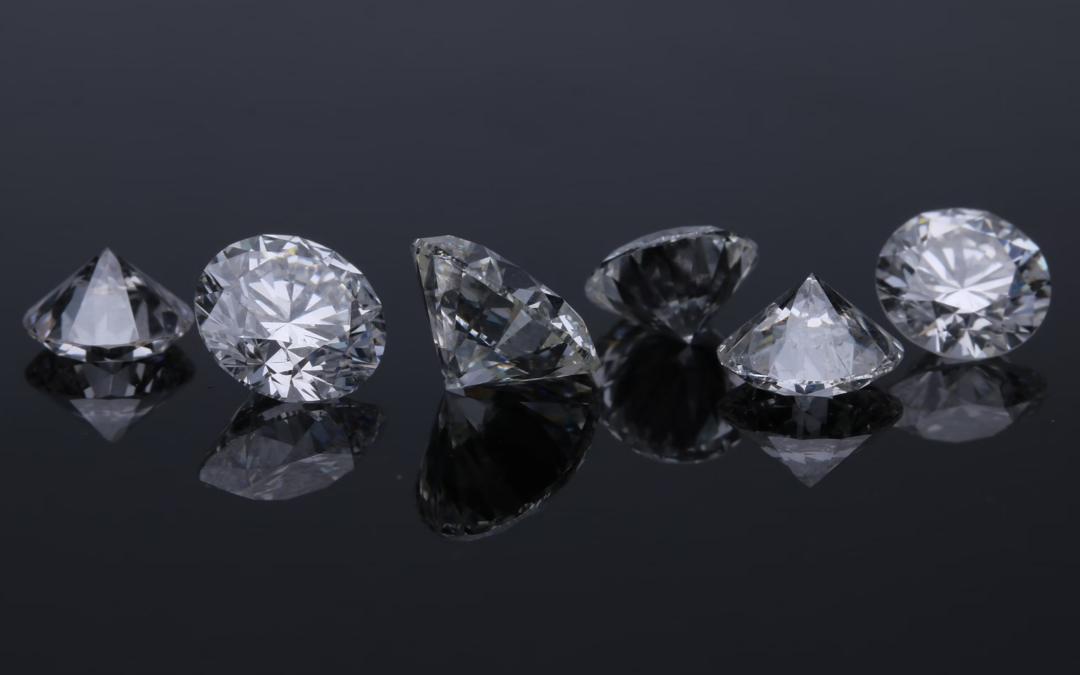

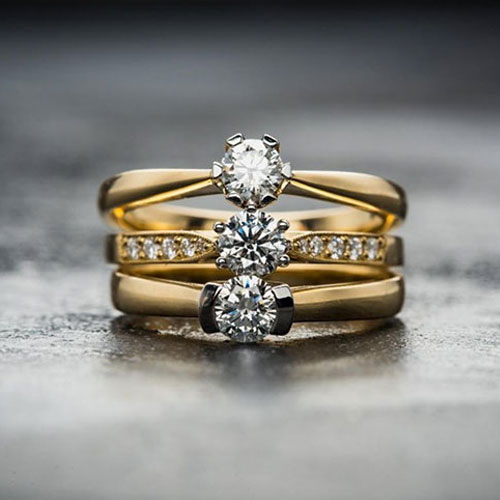
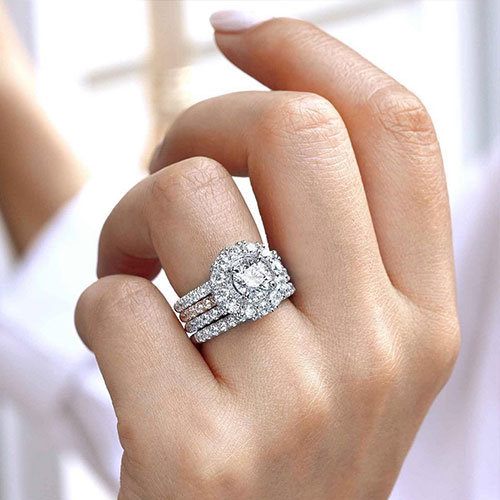
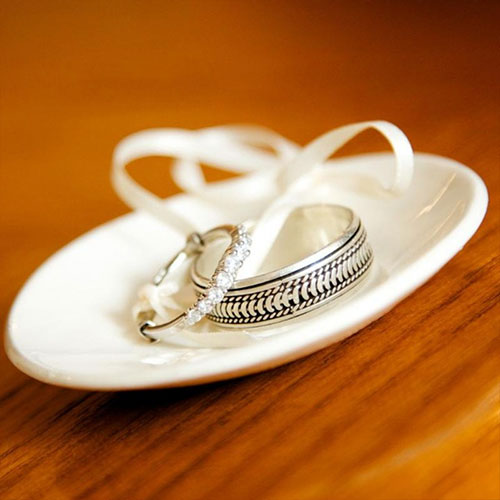

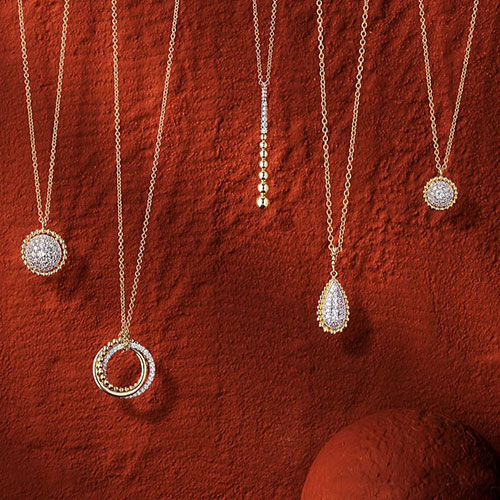
Recent Comments